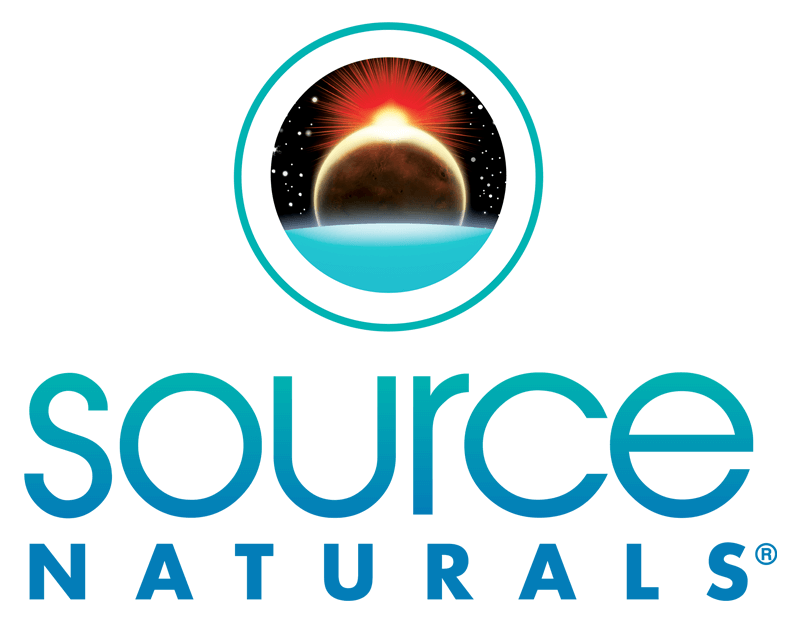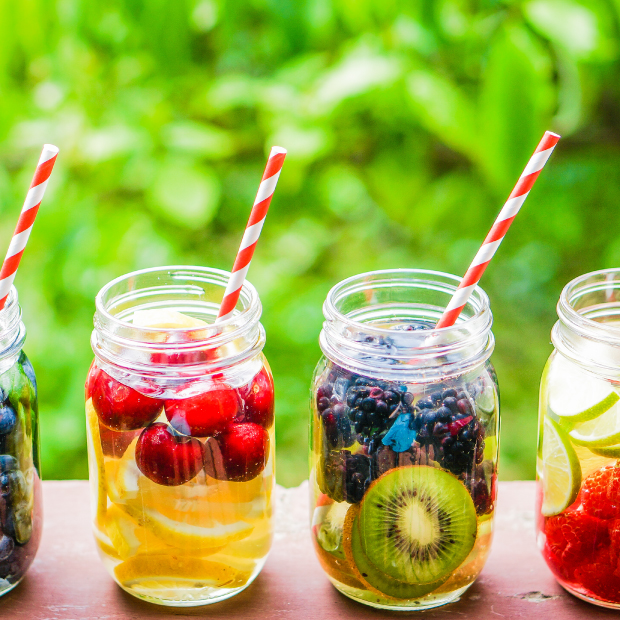
Intervention in the aging process, once regarded as fantasy or futuristic, is now within reach due to advances in nutritional science. Resveratrol, the protective compound associated with red wine and the good health of the French, is one of the most exciting discoveries for healthy aging.
Resveratrol is one of nature’s amazing solutions to environmental stress, and is found in red grapes, (in heavier concentrations than white grapes) as well as in berries and pine. Its most potent source is the Chinese herb Hu Zhang (also known as Japanese knotweed or Polygonum cuspidatum).
Resveratrol truly is the compound that keeps on giving. Since its first mention in a Japanese article in 1939, the continued worldwide research has revealed more and more benefits. An antioxidant supercharger, resveratrol powerfully benefits five of the dozen body systems identified in the SystemiCare® model for optimal health. These include Cells/DNA, Inflammatory Response, Antioxidant Defense, Heart Health/Circulation, and Immunity.
How Resveratrol Signals Our Genes for Longevity
Researchers at Harvard Medical School made headlines when they identified the resveratrol molecule as a compound that could be key to slowing the human aging process. It had long been known that calorie restriction increases longevity in most mammals, including humans, by telling the body to protect its tissues and burn off fat reserves for energy. The Harvard researchers discovered that resveratrol stimulates the same protective responses by activating the SIRT family of genes, which tell the body it is running low on nutrients and to prepare to protect itself for survival. The resulting metabolic actions are beneficial to healthy aging and overall health.
Upgrading Antioxidant Defense Capabilities That Impact How We Age
The signs of normal aging—wrinkles, age spots, and loss of function—can be partially attributed to antioxidants and harmful free radicals. Antioxidants like resveratrol safely quench free radicals that steal electrons from other molecules and can disrupt cellular processes when they initiate a chain reaction of ongoing electron theft. Resveratrol not only fights free radicals on its own; it supercharges the effectiveness of other antioxidants, such as vitamins C and E, or beta-carotene.
Healthy Inflammatory Response
Said to affect over half the U.S. adult population, inflammation has become one of most discussed topics in health research today. Not all inflammation is associated with disease states. Inflammation is also the body’s healthy immune response to life’s normal stressors, such as strenuous exercise or an occasional high-fat/high-calorie meal. The body’s inflammation response to life’s occasional normal stressors is important for optimal health.
In some cases, inflammation over time can lead to inappropriate activation of the immune response, which can disrupt many bodily systems. Resveratrol has been shown to address inflammation by inhibiting the inflammation messengers NF kappa-B, prostaglandin E-2, c-Jun N-terminal kinase, and the COX-1 and COX-2 enzymes, also involved with cellular growth and regeneration.
The French Health Paradox: Resveratrol’s Cardiovascular Benefits
The “French Paradox” has long intrigued researchers. Why is there a lower incidence of heart problems in France, when the French diet has similar quantities of fat to our own? One explanation is the regular, moderate drinking of red wine—which provides resveratrol and the other bioflavonoids and polyphenols present in large amounts in the leaves, twigs, and bark of grapevines.
Human and preclinical studies substantiate resveratrol’s high value in supporting many aspects of heart health. Resveratrol helps maintain healthy circulation, enhances nitric oxide production (which helps relax blood vessels for enhanced blood flow), and provides support for promoting healthy HDL—the good cholesterol—levels already within the normal range.
An Alcohol-Free Choice
Source Naturals® Resveratrol products feature standardized extracts of Hu Zhang root, a celebrated traditional Chinese herb, along with red wine extract. They provide the health benefits of red wine without the alcohol, sulfites, headaches, or excess calories.
References
Bowers, J.L. et al. 2000. Resveratrol acts as a mixed agonist/antagonist for estrogen receptors alpha and beta. Endocrinol. 141(10):3657-67.
Fustier, P. et al. 2003. Resveratrol increases BRCA1 and BRCA2 mRNA expression in breast tumour cell lines. Brit J Cancer. 89(1):168-72.
Howitz, Konrad T. et al. 2003. Small molecule activators of sirtuins extend Saccharomyces cerevisiae lifespan. Nature. 425:191-196.
Jang, M. et al. 1997. Cancer chemopreventive activity of resveratrol, a natural product derived from grapes. Science. 275(5297):218-20.
Pace-Asciak CR, et al. 1996. Wines and grape juices as modulators of platelet aggregation in healthy human subjects. Clin Chim Acta.246(1-2):163-82.
Pervaiz, S. 2003. Resveratrol: from grapevines to mammalian biology. The FASEB Journal: 17:1975-1985.
Stivala L, et al. 2001. Specific Structural Determinants are Responsible for the Antioxidant Activity and the Cell Cycle Effects of Resveratrol. J of Biological Chemistry: 276(25):22586-22594.
Xiao, K, et al. 2002. Constituents from Polygonum cuspidatum. Chem Pharm Bull: 50(5):605-8.









